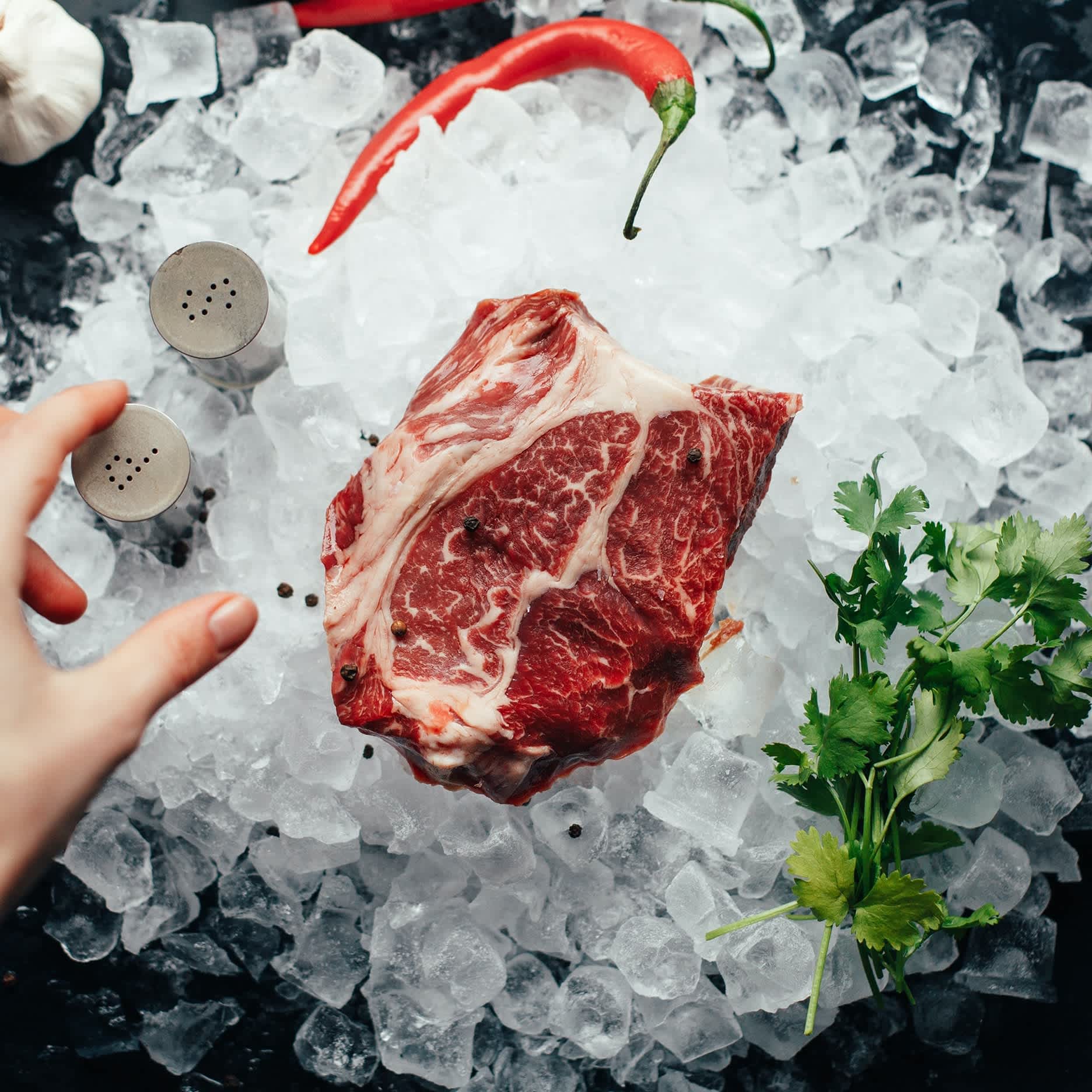
- POPSUGAR Australia
- Living
- Everything You Need to Know About the Current Meat Shortage and How It Affects You
Everything You Need to Know About the Current Meat Shortage and How It Affects You

Amid the coronavirus outbreak, grocery stores have taken the necessary steps to protect their customers by implementing safety guidelines, including mandatory face masks, appropriate social distancing between customers, and sanitizing between each checkout. And while the past few weeks have brought uncontrollable limitations on a variety of products like paper towels and hand sanitizer, one thing grocery stores may now be implementing new restrictions on on purpose is meat products.
One of America’s largest meat processors, Tyson Foods, even issued a full-page ad in The New York Times cautioning consumers that the “food supply chain is vulnerable.” So, what does this all mean? From spikes in meat prices to President Donald Trump‘s recently signed executive order, here’s everything you need to know about the current meat shortage in the US.
Meat Plants Are Considered Essential Businesses
On April 28, President Trump signed an executive order classifying meat plants as essential businesses, invoking meat processors to remain open in light of the recent meat shortages. The act will provide aid to meat-plant employees in terms of safety gear and protection; however, its real cause is to prevent the closure of these businesses.
The meat shortage isn’t necessarily connected to the amount of meat available at these plants but rather the lack of healthy, able-bodied workers showing up every day. Because of COVID-19, at least 20 meatpackers have died, and more than 5,000 employees have been hospitalized or are showing coronavirus symptoms, according to a statement provided by United Food and Commercial Workers (UFWC).
The biggest issue for these meat plants is to keep production lines moving. Farms have animals that are ready to be stored and processed, but the pandemic has made it harder for meat plants to remain open with a high increase in workers who are testing positive for the coronavirus. Issuing replacements for sick workers isn’t an easy solution either as many of these facilities are structured around individuals with specific skills and training. For instance, a worker who is involved with the slaughtering process doesn’t hold the same expertise as someone who does store-ready packaging.
Will There Be a Price Increase on Meat?
While local grocery stores might be experiencing a meat shortage, Americans can expect to see an increase in pricing. Everyday meat products (like ground beef, chicken, or bacon), organic or grass-fed meats, and meats that go through a seasoning process are more likely to reflect a spike in pricing. Moreover, fresh meat from the butcher like chops and ribs could be the hardest (and most expensive) to find. Meat shortages will not only affect food budgeting for households but restaurants and food banks as well. This could lead to more individuals turning to meat substitutes like tofu or beans for protein.
Will There Be Purchase Limits on Meat Products?
Consumers shouldn’t be surprised if the next time they walk past the meat aisle, there are signs limiting meat products per household. This could be as drastic as a particular cap on meat products in general or limiting purchases per meat type, meaning you can buy one package of chicken and one of ground beef.
The “shortage” of meat could also dwindle down to the time of day you visit your grocery store. If you arrive within minutes of a meat delivery truck arriving, your meat section may be fully stocked vs. if you come at the end of the day, your options may be more limited.
Can Meat Be Contaminated by the Coronavirus?
The uncertainty of possible COVID-19 traces lingering on grocery-bought products has left a lot of food shoppers practicing proper at-home disinfecting. The Centers for Disease Control and Prevention (CDC) recommends storing raw meats apart from other foods, especially if perishable, and cooking meat to a correct temperature to help kill any harmful germs. Due to meat products and packages undergoing days or weeks of shipping and their varying temperatures, there is a very low risk of the coronavirus on their surfaces, the CDC assures.

